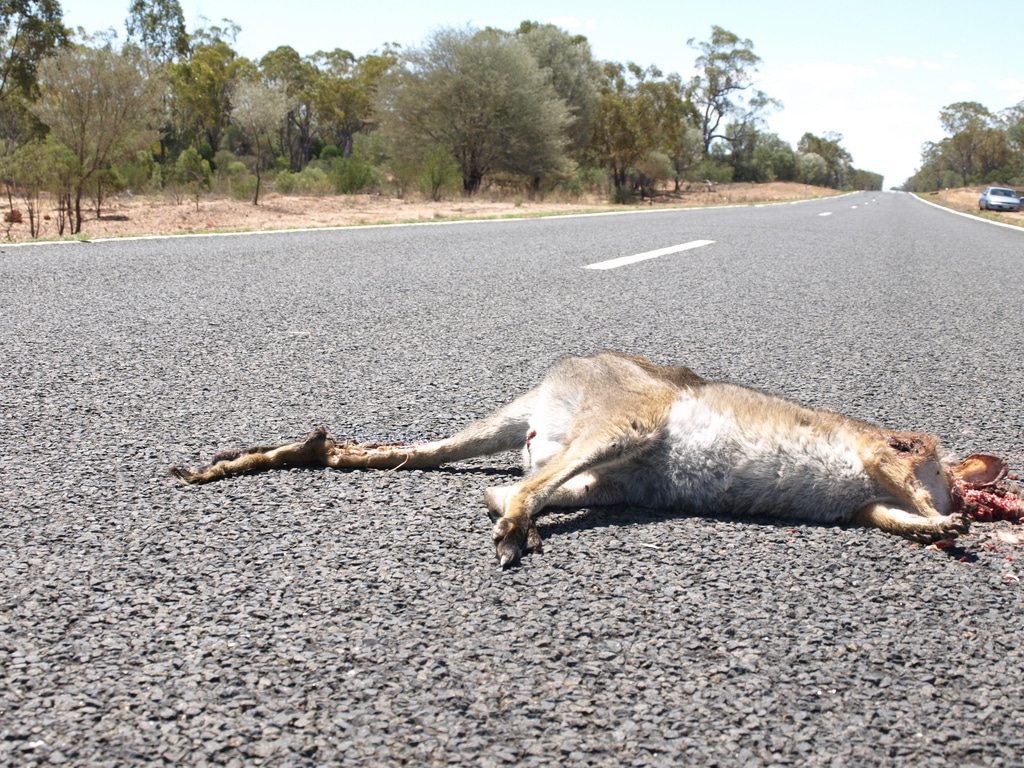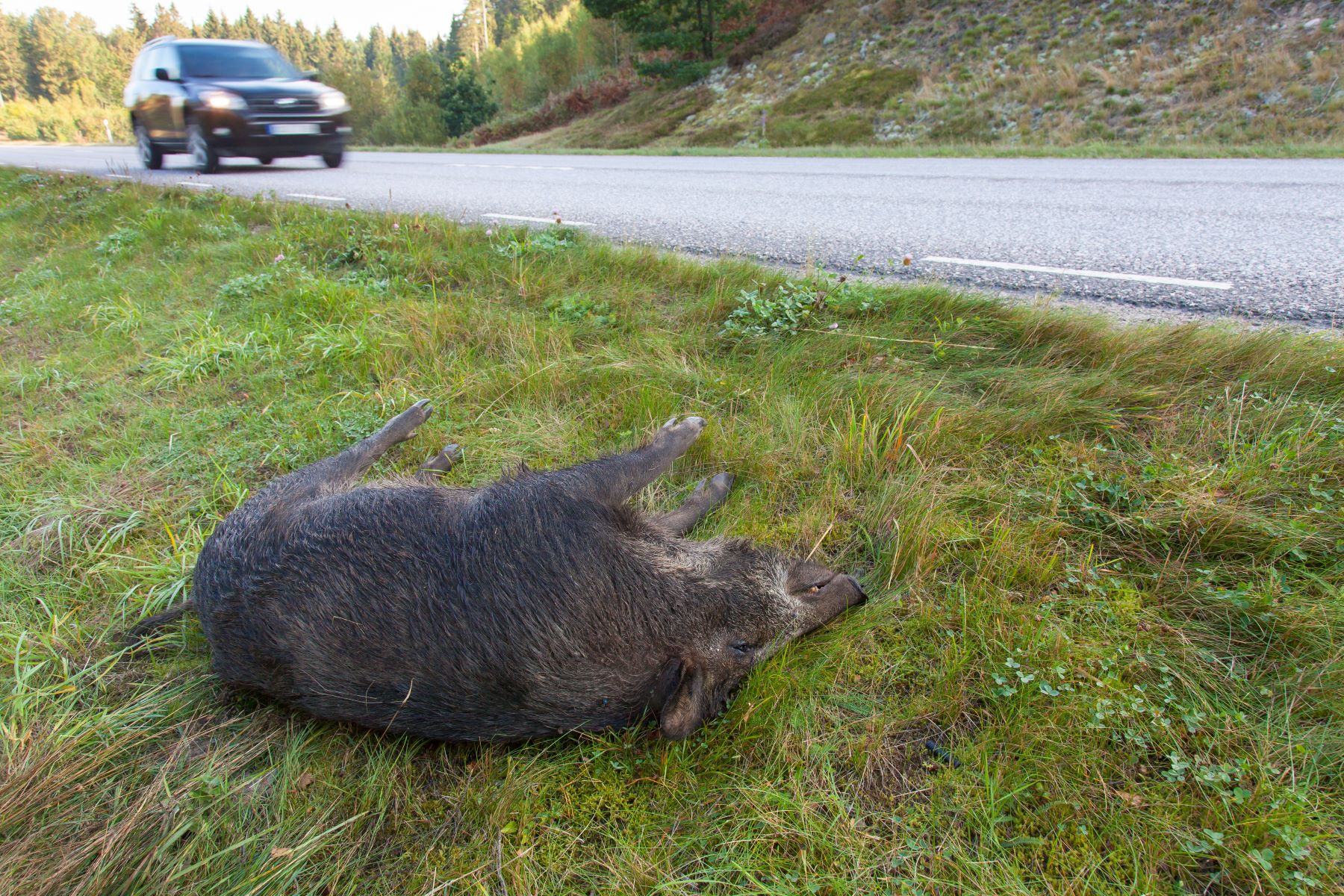It is legal to take home roadkill animals found dead on the side of the road to prepare and eat

Is It Legal to Take Home Roadkill?

Introduction
Imagine driving on a quiet country road when suddenly, you spot a lifeless animal on the side of the road. While the sight might be distressing, did you know that in certain circumstances, it is legal to take home roadkill and even consume it? Surprisingly, this practice is permitted in some areas, providing an opportunity to utilize the resources that nature has already claimed. In this article, we will explore the legality of taking home roadkill, its potential benefits, and the regulations governing this practice.
Understanding the Legal Aspects
According to the West Virginia State Code source, for example, it is legal to salvage and possess certain animals found dead on the side of the road, with restrictions on protected and endangered species. The law acknowledges that accidents happen and encourages individuals to responsibly use the meat from these unfortunate encounters. However, it is crucial to remain aware of the specific regulations in your state or region, as laws may differ significantly. Always consult your local wildlife agency or resource management department to ensure compliance.
The Benefits of Roadkill Utilization

While the concept of consuming roadkill may seem unappealing, there are several significant benefits to consider. Firstly, salvaging roadkill aligns with the principles of sustainability and resourcefulness. Rather than letting the animal go to waste, individuals who are willing to handle roadkill can obtain a significant amount of free and organic meat. This approach reduces waste while providing a natural source of nutrition.
Moreover, consuming roadkill also has environmental benefits. By utilizing these animals, it reduces the demand for commercially raised meat, which contributes to deforestation, greenhouse gas emissions, and water pollution. Additionally, consuming locally sourced roadkill supports biodiversity by minimizing the impact of invasive species, such as those not native to the local ecosystem.
Safety Considerations and Precautions
While taking advantage of roadkill can be a sustainable and economical choice, certain precautions must be observed to ensure safety. It is essential to remember that not all roadkill is suitable for consumption. Animals that have been dead for an extended period or have visible signs of decomposition should be avoided. It is crucial to assess the freshness of the roadkill visually and by odor.
Furthermore, to minimize the potential risks associated with bacteria, parasites, or diseases, individuals handling roadkill should wear gloves and take appropriate hygiene measures. Proper cooking techniques, such as ensuring meat reaches an appropriate internal temperature, are also essential to eliminate any potential pathogens.
Conclusion
In states like West Virginia, where specific regulations permit the salvage and consumption of roadkill within legal boundaries, individuals can opt for a sustainable and cost-effective approach to obtaining meat. However, it is crucial to emphasize that these laws vary, and it is essential to consult local regulations before engaging in this practice. Ultimately, the decision to take home roadkill relies on personal choice, aversion to waste, and dedication to sustainable practices. By being respectful of nature and utilizing the resources it offers, we can live harmoniously with the environment while benefiting from the natural abundance around us.
Source: West Virginia State Code
Related Posts
Quick Links
Legal Stuff

